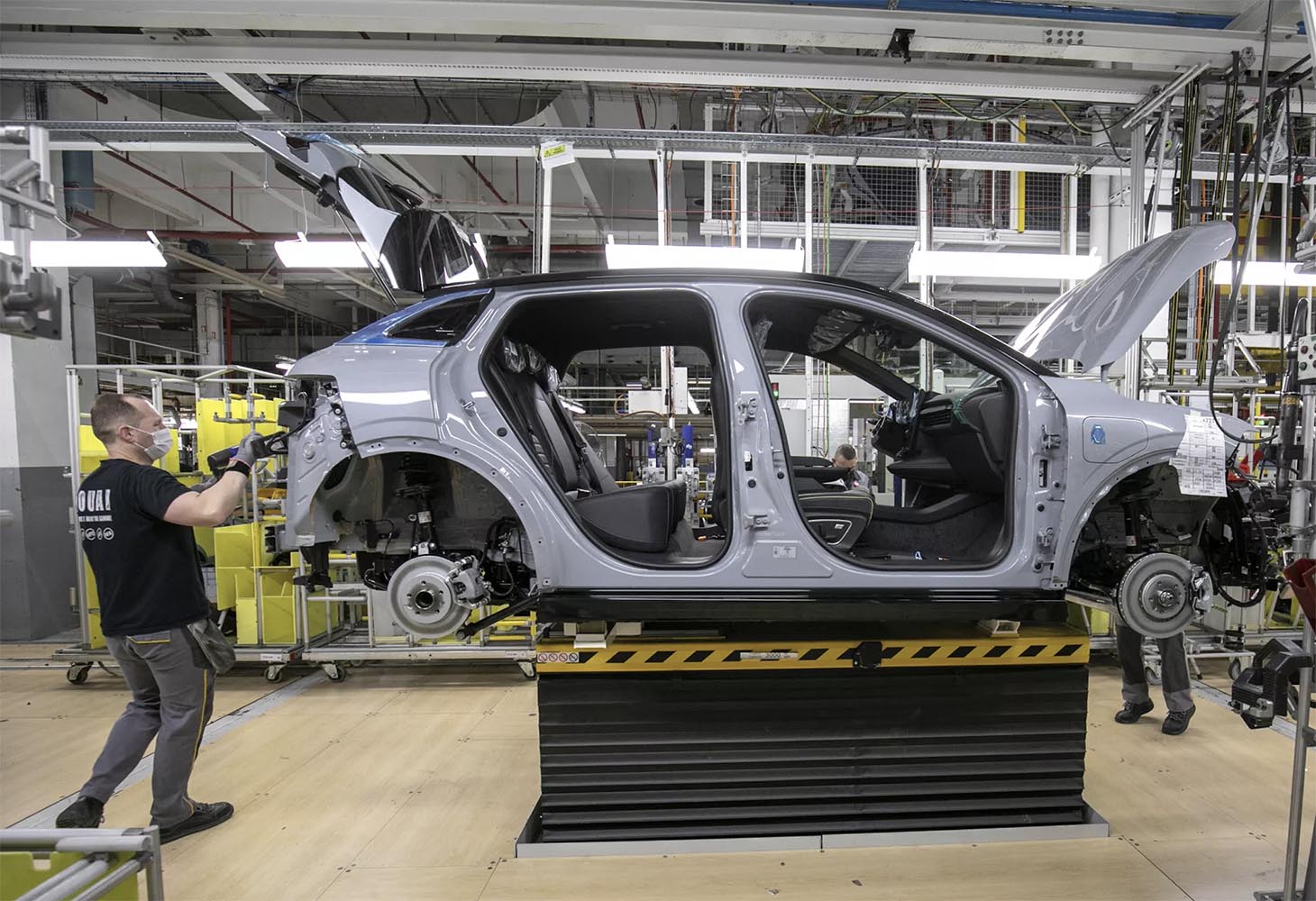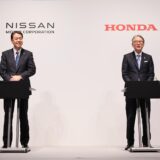
Renault-Nissan-Mitsubishi Alliance announces new initiatives
The Renault-Nissan-Mitsubishi Alliance yesterday announced new initiatives to take their partnership to the next level, following approval by the Boards of Directors of Renault Group and Nissan Motor Co., Ltd.
This far-reaching program paves the way for a renewal and strengthening of the 24-year partnership amongst the French automaker (Renault) and the two Japanese automakers (Nissan and Mitsubishi Motors), creating a new agile spirit and harnessing the pioneering technologies of all three Alliance members, the Alliance said in a statement.
The new initiatives announced yesterday by the Renault-Nissan-Mitsubishi Alliance, include:
- High-value-creation operational projects in Latin America, India and Europe;
- Enhanced strategic agility with new initiatives that partners can join;
- A rebalanced Renault Group-Nissan cross-shareholding and reinforced Alliance governance.
“Rebalancing” cross-shareholding
Renault Group and Nissan, the founding-members of the Alliance, have agreed to rebalancing their cross-shareholding and governance terms. Nissan and Renault Group would retain a 15% cross-shareholding, with a lockup obligation, as well as a standstill obligation. They would both be able to freely exercise the voting rights attached to their 15% direct shareholding, with a 15% cap.
Renault Group would transfer 28.4% of Nissan shares into a French trust where the voting rights would be neutralised for most of the decisions, but the economic rights (dividends and shares’ sale proceeds) would still entirely benefit Renault until such shares were sold.
Renault Group would instruct the trustee to sell the entrusted Nissan shares if commercially reasonable for Renault Group in a coordinated and orderly process, but it would have no obligation to sell the shares within a specific pre-determined period of time.
A binding framework agreement defines the principles of the new governance scheme and the rebalancing of the cross-shareholdings between Renault Group and Nissan. The two companies intend to enter into a new Alliance agreement by March 31, 2023, and replace the current agreements governing the Alliance (i.e., the Restated Alliance Master Agreement, the Alliance Equity Participation Agreement and the Memorandum of Understanding of March 12, 2019).
These transactions would be subject to a limited number of conditions precedent, including regulatory approvals, and completion is expected to occur in the fourth quarter of 2023.
This new Alliance agreement would be put in place for an initial period of 15 years.
Operational projects
In India, the Renault Group and Nissan would collaborate on several new vehicle projects including new sport utility vehicles (SUVs) for the domestic and export market, shared by both Renault Group and Nissan. A new Nissan car, derived from the Renault Triber, is part of the plan. Nissan and Renault Group are also considering common A-segment electric vehicles (EVs) for India, based on the CMF-AEV (Common Module Family) platform. The Common Module Family is a modular architecture concept jointly developed by Nissan and Renault through the Renault–Nissan–Mitsubishi Alliance partnership. The concept covers a wide range of vehicle platforms.
In Europe, the scope of collaboration would go beyond the vehicles to cover lifecycle from distribution, to usage, to recycling and end-of-life.
- Distribution, Aftersales & Sales Financing: Renault Group, Nissan and Mitsubishi Motors are working on shared opportunities within the distribution network to support and increase dealer profitability and reduce their respective costs.
- EV charging infrastructure: Renault Group and Nissan are considering jointly deploying charging infrastructure in Europe at both Renault Group and Nissan dealerships (charging@dealer).
- Circular Economy: Renault Group and Nissan plan to select common battery recycling partners for their end-of-life batteries and production scraps.
In Latin America, four projects are being considered:
- A new half-ton pick-up, developed by Renault Group and shared with Nissan in Argentina.
- The successful collaboration on the Nissan Frontier/Renault Alaskan family, a one-ton pick-up, would continue. Renault Group would produce the pick-ups in Cordoba, Argentina, for both Renault and Nissan.
- In Mexico, Nissan would produce a new model for Renault Group, making it the first Renault vehicle to be produced there in 20 years.
- Additionally, Nissan and Renault Group would commercialize two common accessible A-segment EVs, both based on the CMF-AEV platform, similar to India.
New initiatives for Alliance companies
All three Alliance companies agreed to explore their existing strategies in electrification and low-emission technologies by investing and collaborating in respective member-company projects that could provide incremental value to each individual business.
These agile strategic initiatives are designed to complement the business plans of member companies, including Nissan Ambition 2030 and Renaulution, as each business leverages commonality and investment opportunities to deliver on their respective goals for sustainable growth and targets for decarbonization.
The areas of collaboration under consideration include:
- Nissan’s intention is to invest up to 15% in Ampere, Renault Group’s EV and software entity in Europe, with the aim to become a strategic investor. Through this intended investment in Ampere, Nissan would enhance and accelerate new business opportunities for Nissan in Europe.
- Mitsubishi Motors would consider investing in Ampere.
- Nissan and Mitsubishi Motors would become customers of Renault Group’s Horse project, an initiative to achieve further scale and market coverage for its low-emission internal combustion engine (ICE) and hybrid powertrain technologies.
These initiatives would complement ongoing areas of technology collaborations such as All Solid-State Battery (ASSB), Software-Defined Vehicle (SDV) and Advanced Driver Assistance Systems (ADAS) and autonomous driving.














